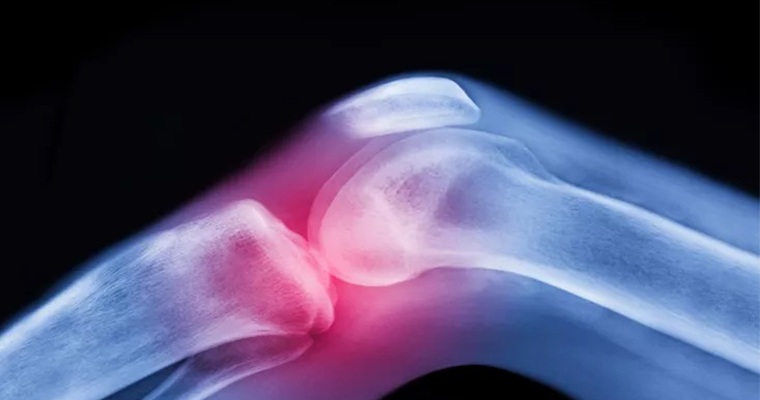- Email: md@onusrobotichospitals.com
- Emergency Call: +91 8341032322
- Call: +91 7013516394
Infected Total Knee Replacement
Best Infected Total Knee Replacement Treatment in Champapet, Hyderabad
Though total knee replacement is a very successful procedure there is a small risk of infection of about 0.5 to 1%. Infection can be classified depending on the chronology of occurrence as, Acute – within 6 weeks Sub acute- 6 weeks to 3 months Chronic- more than 3 months. Acute infection is confirmed by clinical findings, aspiration and culture of the joint fluid. Acute infection can be treated with intravenous antibiotics and joint lavage with exchange of insert and retention of the prosthesis. One or two attempts at retention of prosthesis may be successful. Intermittent short course suppressive antibiotic therapy is also helpful in preventing recurrence.
Sub-acute or chronic infection or failure to salvage in acute infection can be treated by two staged revision of the prosthesis. Initial debridement after discontinuation of all antibiotics for a few weeks with multiple intra operative cultures, fixation of antibiotic laden articulating spacer, short course of appropriate antibiotic intravenously followed by oral antibiotics for 8 to 12 weeks followed by second stage revision at present one of the successful protocols.

SURGERIES PERFORMED
Joint replacement aims to restore painless motion to a joint and function to the muscles, ligaments, and other soft tissues that control the joint. Either a part or the total damaged bone is removed and replaced with artificial components made out of metal and polyethylene and the bones of the joint are "realigned" so that the weight that passes through the joint is normally distributed. Hip and knee the major weight bearing joints are the most commonly affected joints and are commonly replaced. Ankles, shoulders, elbows, wrists and fingers can also be replaced.
Joint replacement relieves pain, restores function and the newer type of joints allows unrestricted activities.
Previously it was recommended for patients more than 60 years but now it is being more and more recommended for younger patients.
This can be answered by asking yourself the following questions.
- For whom is this surgery?
- Do I have Daily Pain?
- Does my pain restrict my activities and enjoy life?
- Do I avoid going out due to pain?
- Do I avoid walking, exercising etc?
- Has my world become smaller because of pain?
- If you answer yes for one or more of these questions it is better to consult your doctor and decide
- regarding having a joint replacement surgery
